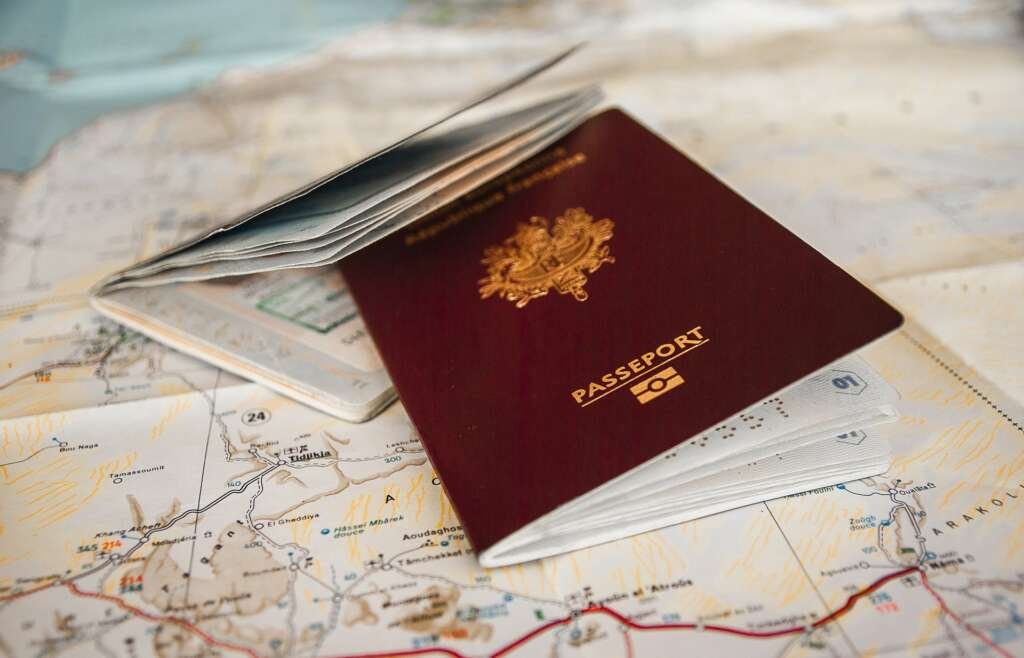Understanding Your Travel Document
A passport is more than just a booklet—it’s your ticket to the world, enabling you to travel internationally and discover new cultures. But while your name and photo are printed inside, have you ever wondered who truly owns your passport?
You might assume that, because it’s issued to you, you’re the owner. However, the truth is a bit different. You don’t actually own your passport. Instead, it belongs to the government that issued it. This is a common practice across countries worldwide.
Who Really Owns Your Passport?
No matter what country you’re from, your passport is technically the property of your government. Whether you have a U.S. passport, U.K. passport, or one from any other nation, it remains owned by the issuing government. Although you have the right to use it for travel, the government maintains ownership of the physical document.
Why Does the Government Own Your Passport?
The reason governments retain ownership of passports ties into security, regulation, and diplomatic practices. Here’s why this is the case:
- Regulation of Travel: Governments issue passports to control who can leave and enter the country. Maintaining ownership of passports gives them the ability to revoke, restrict, or limit travel when necessary, such as for legal or national security reasons.
- National Security: A passport is a key document that connects you to your country of citizenship. Since it’s a critical component of national security, governments need to retain control over it to ensure its safe use in international travel.
- Diplomatic Relations: When traveling abroad, your passport represents your citizenship. Should you encounter legal or political trouble while overseas, your government may intervene on your behalf, but they reserve the right to take back your passport if needed.

Can the Government Take Your Passport Away?
Yes. Because your government owns your passport, it can be revoked or confiscated under certain circumstances. These include:
- Serious legal violations in your home country or abroad.
- Unpaid taxes or child support (in certain jurisdictions).
- Replacement of lost or stolen passports, as the old passport is invalidated.
- Ongoing legal investigations, where restrictions are imposed on your travel.
In these cases, the government has the legal authority to take back your passport or restrict your ability to travel.
What Are Your Responsibilities?
Even though you don’t own your passport, you have a duty to protect and maintain it. This includes safeguarding it from loss or theft, ensuring it’s renewed before expiration, and using it in compliance with the law. Any misuse can result in legal consequences or restrictions on future travel.
Conclusion
While you may carry your passport with you and use it for travel, remember that it remains the property of your government. A passport grants you the privilege—not the right—to explore the world, and with that privilege comes the responsibility of proper use and care. So next time you’re packing for your next trip, keep in mind the importance of your passport, both as a personal document and a representation of your connection to your home country.


